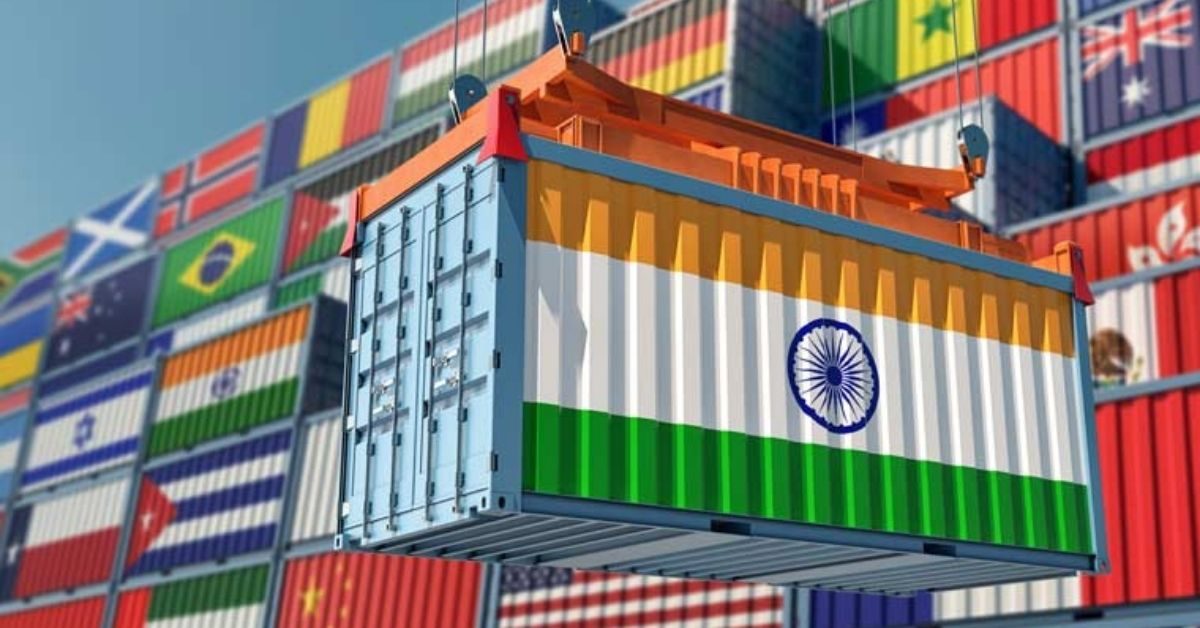The political row between Canada and India escalated last week, with both countries taking diplomatic actions to take a stance. The trade talks between the two countries have already been halted. However, Drewry expects a minimal impact on dry bulk shipping, even if trade between them deteriorates further.
India imports coking coal, potash and some scrap from Canada, while the latter’s imports from India are primarily limited to steel products in modest volumes.
India’s coking coal imports are the highest among all the traded commodities from Canada. However, the latter is India’s fourth largest trading partner for coal, with its share being only 4%.
In contrast, Canada is India’s second-largest trade partner for potash and the world’s largest producer and exporter. India depends on fertiliser imports to support its agrarian economy. This is particularly crucial when exports from Belarus, the next most significant exporter of potash, have been facing logistical constraints amid sanctions.
Trade between Canada and India contributes less than 1% to the global tonne miles generated. Considering a scenario-based analysis, if there is an imposition of trade restrictions and India sources coking coal from alternative sources such as Australia and Russia in the remaining 2023 to meet its annual demand, the reduction in tonne-miles will be about 0.01% of the annual tonnemile demand from coking coal. In case of a partial shift in trade to these alternatives, the contraction in shipping demand would be negligible. Similarly, completely sourcing the annual potash demand from Israel and Belarus (through Murmansk) by replacing Canada would reduce shipping demand to trade potash by 0.25%. The cumulative impact of sourcing coking coal and potash from other countries will be reduced shipping demand, which is an insignificant 0.004% of the total dry bulk shipping demand. Even if counter-restrictions are imposed by Canada, leading to imports of steel products from Turkey or the US instead of India, the impact will be negligible on shipping demand due to low trade volumes.
Therefore, any further strained relations between the two countries may shift trade patterns but will effectively not pose any substantial risk to earnings in the sector, even if trade is hampered.







